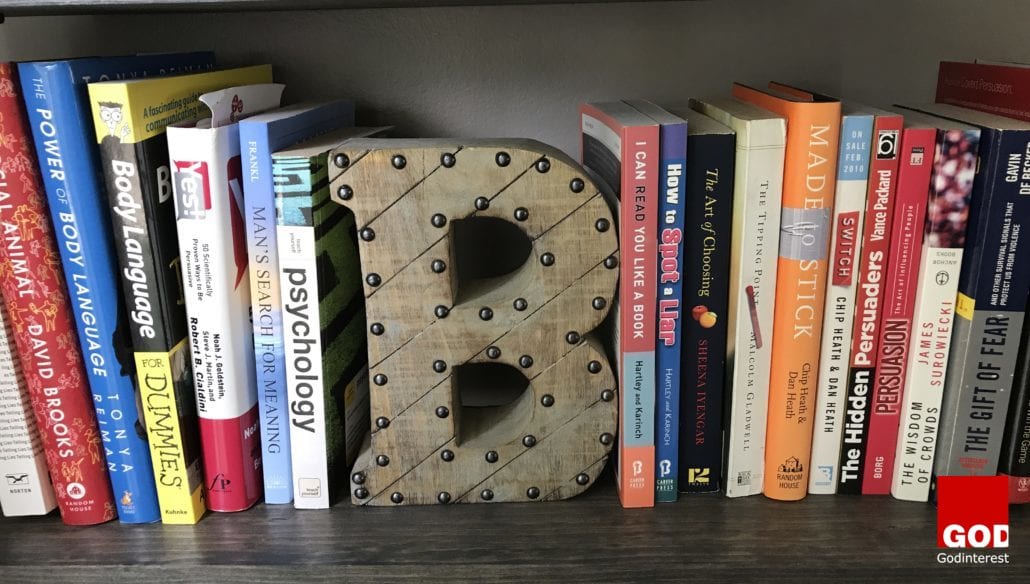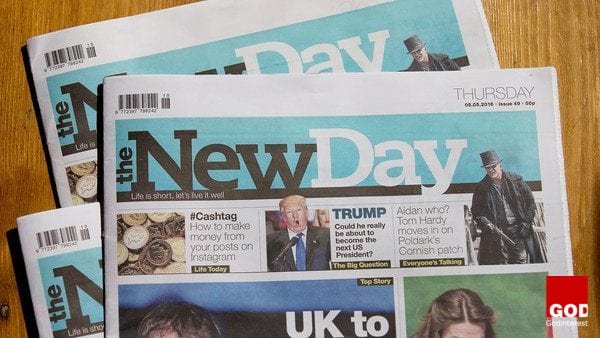Raised in a broken home; his parents split when he was aged 7; he felt abandoned by his dad. He attended one of the worst schools in London, one that was full of violence, drugs and other crimes. It was later closed down. He experimented with cigarettes, weed, alcohol and pornography; he struggled with sexual sin, leading to fornication and adultery, which led to relationship break-ups. He was arrested for embezzlement and had his first bout with jail. Misdemeanour crimes, leading to another bout with jail. He was homeless, sleeping on floors, in his car, with no money or food.
As I look back over my life, all of the above have led to, and still lead to, difficult times of depression, loneliness, self-blame and ongoing sin, and sometimes it becomes hard to minister thinking of all the hurt I have caused myself, others and God.
Just recently, after reading the daily lesson and powerful books by Joyce Meyers and Beth Moore, I realised that all of my sins and hardships have all served as preparation for ministry and service. This could be the bio of Abraham, David, Solomon, Paul, Peter and many more. Today, I think that these shortfalls and sins, some of which still haunt me till this day, are my real CV for ministry, not my BA in Religion and my certifications in substance abuse counselling, but in my weakness God has become strong, and out of that strength God has given me a testimony that has helped thousands of people around the world. Hallelujah!!
If you are going through a storm, my word to you is to hold on, don’t give up. If God brought me through, He will bring you through. The Word of God says He will never leave you and, in your weakness, He is made strong. And even though you may have caused your own pain, Isaiah 61:4-8 says God will use it for ministry, and make your ministry achieve double.
Today, if you are feeling broken there’s only one way to be filled. Stay under the tap of the Holy Ghost! The moment you leave the tap you will not be filled with His power. God wants to fill you all day, every day. You are not bad, you are weak, and God still can, and will, use you, because it shows that He is bigger than your trial, and stronger than the devil and man. It’s time to rise above the opinions of man and turn your eyes upon Jesus.
The Spirit of the Sovereign LORD is on me, because the LORD has anointed me to proclaim good news to the poor. He has sent me to bind up the brokenhearted, to proclaim freedom for the captives and release from darkness for the prisoners, to proclaim the year of the LORD’s favour and the day of vengeance of our God, to comfort all who mourn, and provide for those who grieve in Zion… (Isaiah 61:1-3 NIV)
Let’s Pray
Yahweh, I thank You for loving me, after knowing what I’ve done and what I will do, and I thank You for my friends that will receive freedom from these words. Father, I don’t want to keep on hurting and being hurt. Help me to hate my sins, and to daily wash in Your blood. God, thank You for not leaving me when everybody else thought I was too filthy. Help those who don’t understand how You can still use broken, stained, and sinful people. You are awesome. Thank You. I LOVE YOU! Amen.











